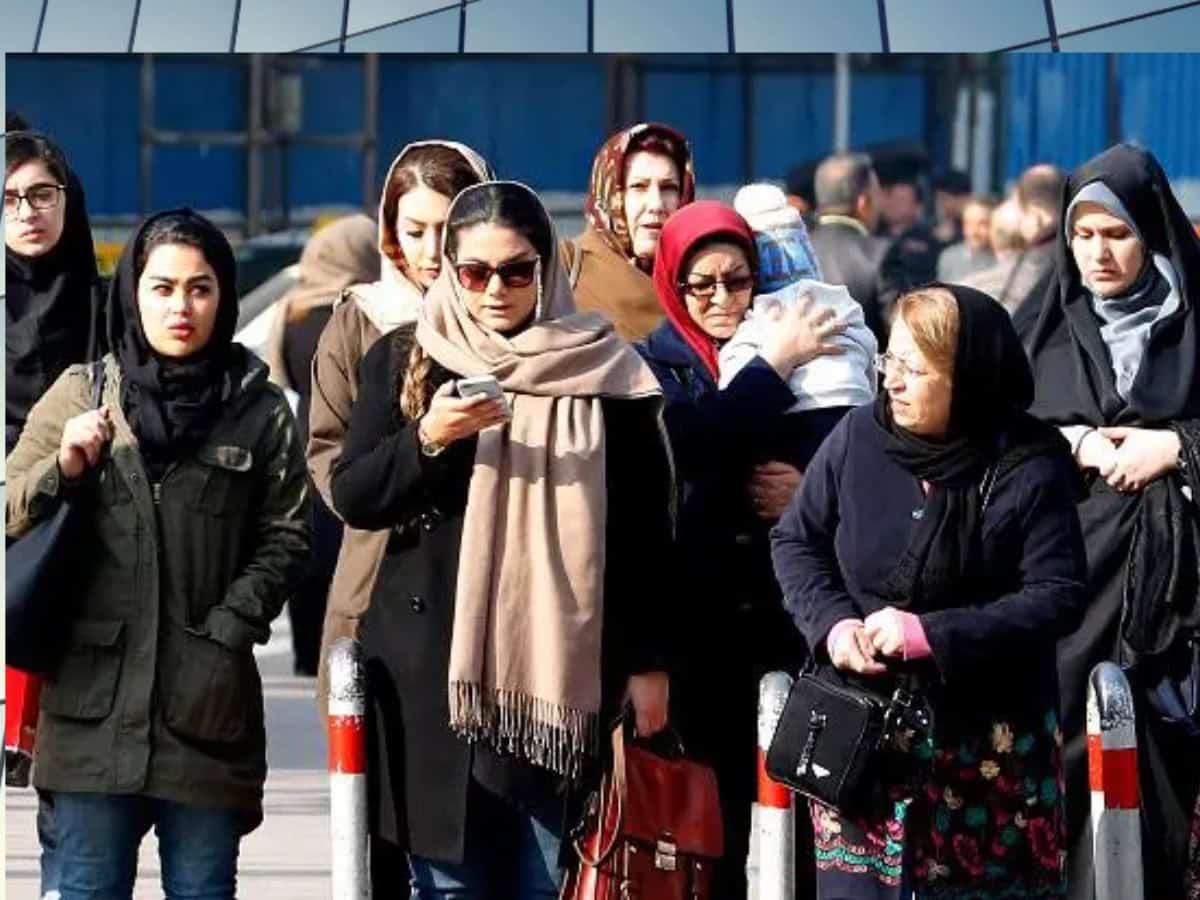
The Islamic Republic of Iran’s Supreme National Security Council has ceased its enforcement of a controversial hijab law that sought to punish women who failed to don the Islamic dress code. This decision has been reached following escalating protests at domestic and international, against the stringent laws.
The Secretariat of the Supreme National Security Council submitted a letter to the parliament to cease the notification and enforcement of the Hijab and Chastity law.
A member of the parliament’s presiding board Alireza Salimi, announced late Saturday the government planned to put forward another amendment to remove the uncertainties of the law.
Salimi said that the letter sent the same day to the legislature, stated that the government would send a new amendment to clarify the ambiguities of the draft law on chastity and hijab, according to the state-owned IRNA agency.
Penalties under new laws
The law which was scheduled to be implemented on December 13 would have imposed harsh punishment for women who did not comply with the prescribed code of conduct regarding dressing.
These penalties included a fine of up to 84174999.86 Iranian Rial which is approximately USD 2,000.
Additionally, the penalties also include prison sentences of up to five years for repeat offences, restrictions on public services like driver’s licenses and passports as well as potential vehicle confiscation.
President Pezeshkian’s statement
Even the chairman of the Supreme National Security Council, President Masoud Pezeshkian, had earlier expressed concern about the law stating that it would provoke unnecessary conflicts and isolate a segment of a population.
The law was initially drafted in response to the continued violation of the obligatory wearing of the hijab, especially after the death of Mahsa Amini in police detention in early September 2022.
Human rights organizations’ condemnation
Several human rights organisations have also expressed their outrage against the Iranian legislation. Amnesty International referred to the proposed law as a “draconian law” arguing that it will further worsen the status of women and girls.
The organization stressed that the law would extend the authority of security forces and legalize vigilantism by “moral police” to enforce the mandatory wearing of the hijab.
The suspension of the law marks a significant turning point for Iranian women’s rights, after years of protests against compulsory hijab laws, and following the large-scale “Woman Life Freedom” demonstrations incited by the death of Mahsa Amini.


